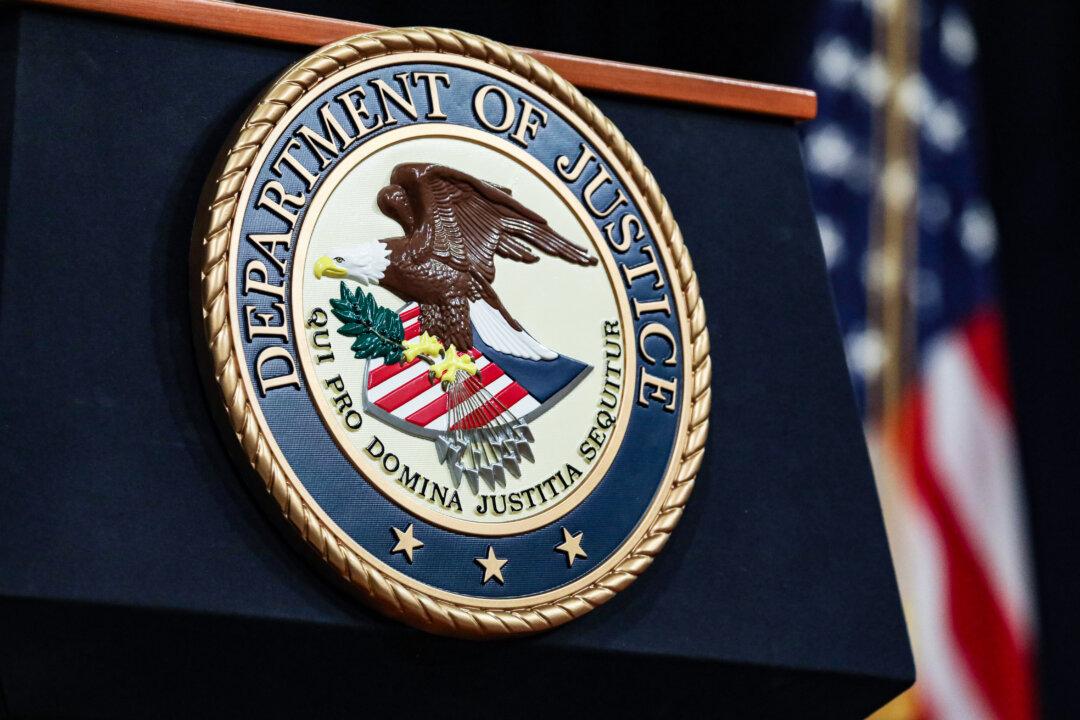The United States government is going after money donated to Jan. 6 defendants and prisoners through crowdfunding platforms.
For over two years, the United States government has pursued and punished anyone involved in the protests at the U.S. Capitol on Jan. 6, 2021. The FBI is still “seeking the public’s assistance in identifying individuals” whom they suspect were involved in the protests, saying they “have deployed our full investigative resources and are working closely with our federal, state, and local partners to aggressively pursue those involved in these criminal activities.”





